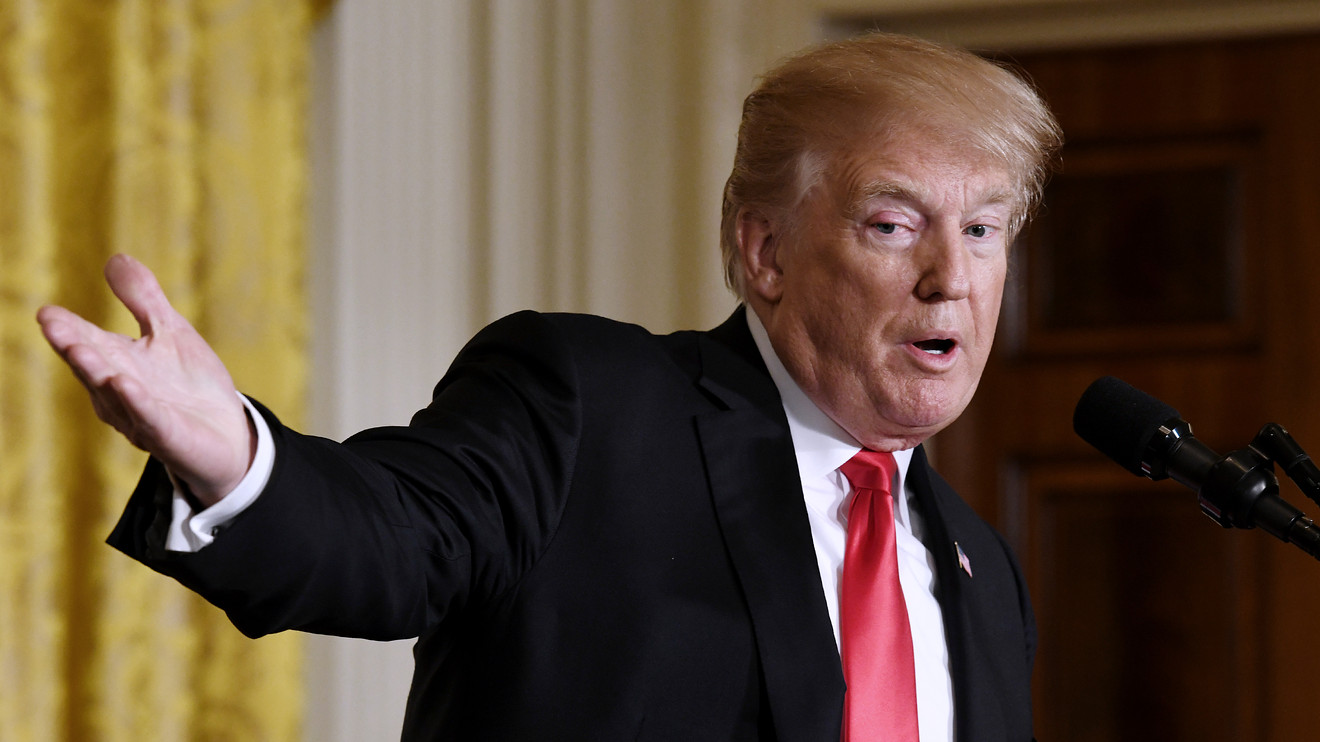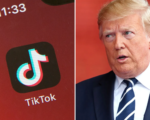Proposed tariffs by U.S. presidential candidate Donald Trump could lead to higher interest rates and disrupt the current trend of disinflation, according to Tim Adams, President and CEO of the Institute of International Finance (IIF). In an interview with CNBC on Tuesday, Adams noted that extreme tariffs would likely increase inflation, leading to a corresponding rise in interest rates.
“The assumption is you’ll have higher inflation, higher interest rates than you would have in the absence of those tariffs,” Adams explained. The potential economic impact depends on the nature and duration of retaliation from trading partners, but Adams suggested tariffs would hinder progress on reducing inflation.
Trump has made tariffs a central part of his economic policy, proposing a 20% tariff on all imports and a 60% tariff on Chinese goods. Additionally, he suggested a 100% tariff on cars crossing the U.S.-Mexico border and similar penalties for countries moving away from using the U.S. dollar.
Defending his plan, Trump argued in a recent interview with Bloomberg that high tariffs would compel companies to relocate their manufacturing to the U.S., allowing them to avoid the taxes. Trump has also dismissed concerns that his proposed tariffs would fuel inflation, describing them as part of a protective “ring around the country.”
Despite Trump’s confidence, economists and analysts warn that such broad tariffs, along with restrictions on immigration, would likely put upward pressure on inflation. While some short-term impacts could be absorbed, the long-term consequences could slow efforts to curb rising prices.
Inflation and Interest Rates
In recent months, inflation in the U.S. has fallen to 2.4% as of September, down from a pandemic-era peak of 9% in June 2022. The Federal Reserve has begun cutting interest rates, reducing them by half a percentage point in September. However, concerns about future disinflation remain, particularly if Trump’s tariffs are enacted.
The timing of these proposals coincides with rising global trade fragmentation. For example, the European Union recently approved higher tariffs on China-made electric vehicles, accusing Chinese manufacturers of benefiting from unfair subsidies.
Adams also pointed out that both Trump and his Democratic opponent, Vice President Kamala Harris, are running on platforms of change. While Trump’s proposals focus on isolationism and protectionism, Harris is expected to emphasize global engagement and cooperation with international institutions.















